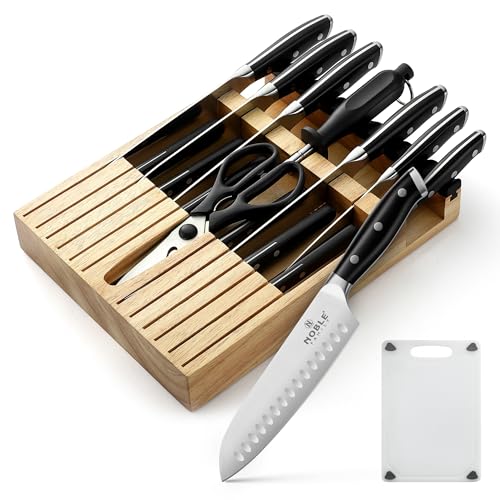Jovidah
I'll make you a sponsor offer you can't refuse...
Perhaps a bit of a strange topic but I thought it might be fun. Basically a lot of ingredients we consume today, be they animals or vegetables are already quite far from the original natural form. Vegetables have been bred / crossed to be bigger, plants to become more productive, fruits to be sweeter, etc. Animals have been completely specialized into breeds that maximize putting on meat, producing milk, producing eggs, etc...
Even in just recent history, whether genetical manipulation is involved or not, there's stil lnoticable differences. Brussel sprouts have lost most of their bitterness, and we've been blessed by such awesome inventions as grapeless seeds and farmed salmon with artificially elevated levels of omega 3 fats.
So... what are some things you would like to see in our culinary future, however remote? I'll kick off:
-stemless spinach
-seedless bell peppers
-4 legged chickens
Even in just recent history, whether genetical manipulation is involved or not, there's stil lnoticable differences. Brussel sprouts have lost most of their bitterness, and we've been blessed by such awesome inventions as grapeless seeds and farmed salmon with artificially elevated levels of omega 3 fats.
So... what are some things you would like to see in our culinary future, however remote? I'll kick off:
-stemless spinach
-seedless bell peppers
-4 legged chickens

























